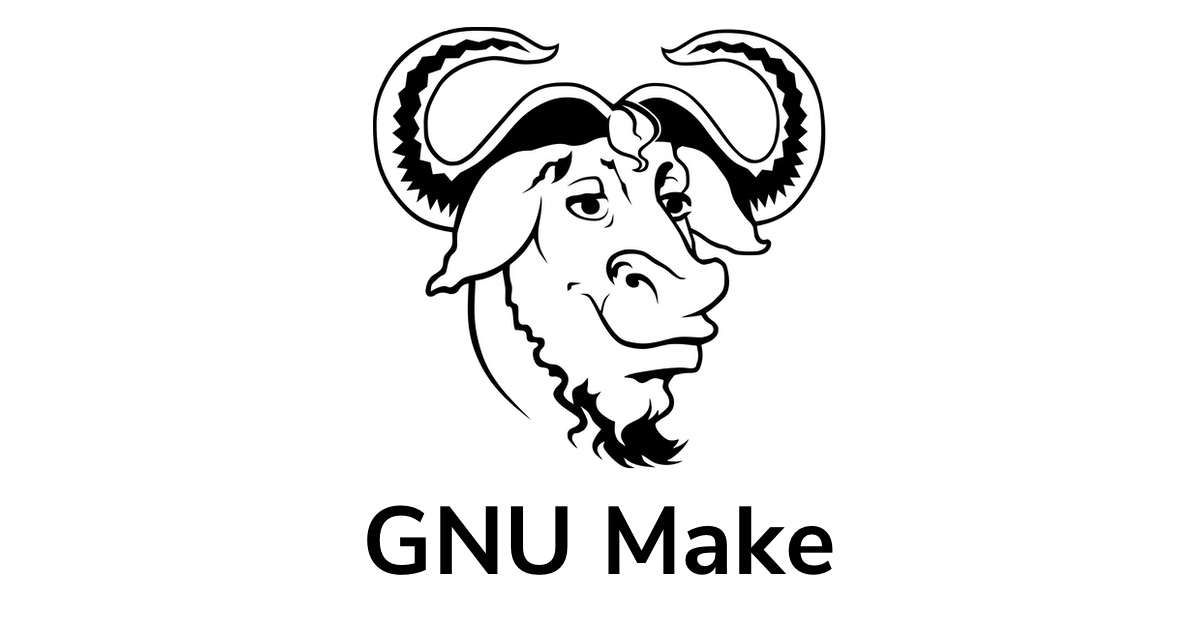Executable
$ cmake [options] (<path-to-source> | <path-to-existing-build>)
Assuming that the directory contains
.
├── CMakeLists.txt
└── main.cpp
#include <iostream>
using namespace std;
int main () {
cout << "Hello world" << endl;
return 0;
}
The minimal CMakeLists.txt file contains
cmake_minimum_required (VERSION 2.6)
project(Hello)
add_executable(${PROJECT_NAME} main.cpp)
Running cmake . creates a Makefile in the same directory whose recipes are cross platform commands, CMake’s documentation suggest that the build is separated from the source
$ mkdir build
$ cd build
$ cmake ..
Running the default target in the makefile creates the executable Hello, note that this is done on the ./build/ directory
$ make
Scanning dependencies of target Hello
[ 50%] Building CXX object CMakeFiles/Hello.dir/main.cc.o
[100%] Linking CXX executable Hello
[100%] Built target Hello
$ ./Hello
Hello world
-
set(<variable> <value>)sets a normal variable available to the current function or directory scope, variables can be accessed with${variable} -
project(<PROJECT-NAME> [LANGUAGES] [<language-name>...]), sets the following variablesPROJECT_NAME, same as<PROJECT-NAME>PROJECT_SOURCE_DIRsame as/path/to/project/PROJECT_BINARY_DIRsame as/path/to/project/build/
-
add_executable(<name> source1 [source2 ...])adds an executable target callednameto be built from the source files listed
Useful variables
CMAKE_SOURCE_DIR- path to the top level of the source tree (default value./)CMAKE_BINARY_DIR- path to the top level of the build tree (default value./build/)CMAKE_RUNTIME_OUTPUT_DIRECTORY- path to the executable (usually set to${CMAKE_BINARY_DIR}/bin/)CMAKE_ARCHIVE_OUTPUT_DIRECTORY- path to the static libraries (code from static libraries is included in the executable, usually set to${CMAKE_BINARY_DIR}/lib/)CMAKE_LIBRARY_OUTPUT_DIRECTORY- path to the shared libraries (additional code required by the executable, usually set to${CMAKE_BINARY_DIR}/lib/)
Project structure and organization
. project
├── build
├── include
│ └── project
│ └── World.hpp
└── src
├── World.cpp
└── main.cpp
The CMakeLists.txt file should do the following
- add the
./includepath to compiler include search path - create an executable file from
main.cppinto./build/bin/ - create an static/dynamic library (in the example is
World.cpp) into./build/lib/ - link the library with the executable
cmake_minimum_required(VERSION 3.0)
project(runner)
set(CMAKE_RUNTIME_OUTPUT_DIRECTORY "${CMAKE_BINARY_DIR}/bin")
set(CMAKE_ARCHIVE_OUTPUT_DIRECTORY "${CMAKE_BINARY_DIR}/lib")
set(CMAKE_LIBRARY_OUTPUT_DIRECTORY "${CMAKE_BINARY_DIR}/lib")
# the -I flag in gcc
include_directories(
${PROJECT_SOURCE_DIR}/include/
)
set(APP_SOURCES src/main.cpp)
set(LIB_SOURCES src/World.cpp)
# creates ./build/bin/runner
add_executable(${PROJECT_NAME} ${APP_SOURCES})
# shared library
set(LIBRARY_NAME World)
add_library(${LIBRARY_NAME} SHARED ${LIB_SOURCES})
target_link_libraries(${PROJECT_NAME} ${LIBRARY_NAME})
-
include_directories(dir)- add the given directories to those the compiler uses to search for include files (gcc-I dir) -
add_library(library_name [STATIC | SHARED | MODULE] source1 [source2...])- adds a library calledlibrary_nameto be built from the source files listedSTATIC- archives of object files.a(archive)SHARED- libraries dynamically linked at runtime.so(shared object)
-
target_link_libraries(target item), specify libraries/flags to use when linking a given target
Complex CMake configuration
A complex CMake configuration will have multiple CMakeLists.txt files per directory
./CMakeLists.txt- configures dependencies, platform specifics and output paths./src/CMakeLists.txt- configures the library to build


